Home » News & Events » Page 2
Research is always in progress but three general types of impact have been documented to date:  habitat fragmentation, collision or aerodynamic fatalities for flying vertebrates (birds & bats), and avoidance behavior (when wildlife avoids the project site potentially reducing their available habitat in a region). Habitat fragmentation and avoidance issues can be largely minimized by siting wind turbines in agricultural land. While poorly sited wind turbines can have significant impacts, collision fatalities can be substantively minimized by raising wind turbines in sites without migration concentration dynamics (e.g., shorelines), and by minimizing steady burning artificial light sources near wind turbines.
habitat fragmentation, collision or aerodynamic fatalities for flying vertebrates (birds & bats), and avoidance behavior (when wildlife avoids the project site potentially reducing their available habitat in a region). Habitat fragmentation and avoidance issues can be largely minimized by siting wind turbines in agricultural land. While poorly sited wind turbines can have significant impacts, collision fatalities can be substantively minimized by raising wind turbines in sites without migration concentration dynamics (e.g., shorelines), and by minimizing steady burning artificial light sources near wind turbines.
 habitat fragmentation, collision or aerodynamic fatalities for flying vertebrates (birds & bats), and avoidance behavior (when wildlife avoids the project site potentially reducing their available habitat in a region). Habitat fragmentation and avoidance issues can be largely minimized by siting wind turbines in agricultural land. While poorly sited wind turbines can have significant impacts, collision fatalities can be substantively minimized by raising wind turbines in sites without migration concentration dynamics (e.g., shorelines), and by minimizing steady burning artificial light sources near wind turbines.
habitat fragmentation, collision or aerodynamic fatalities for flying vertebrates (birds & bats), and avoidance behavior (when wildlife avoids the project site potentially reducing their available habitat in a region). Habitat fragmentation and avoidance issues can be largely minimized by siting wind turbines in agricultural land. While poorly sited wind turbines can have significant impacts, collision fatalities can be substantively minimized by raising wind turbines in sites without migration concentration dynamics (e.g., shorelines), and by minimizing steady burning artificial light sources near wind turbines. As with most construction and commercial development, wind energy industry create jobs. According to the 2016 Clean Jobs New York report, there are 85,197 clean energy workers in New York with 15% (12,400) in renewable energy.
Of that 15%, approximately 1,360 jobs are in the wind industry.

New York’s clean energy jobs are expected to see a 6% increase in the future (Environmental Entrepreneurs, 2016). Wind projects produce jobs in different ways: direct, indirect, and induced. Direct jobs refer to the labor created directly by the construction, operations and maintenance of the wind farms. Indirect jobs include supporting industries, like manufacturing; component suppliers; and jobs, like attorneys and analysts. Induced jobs include those created by the investment and reinvestment of earnings locally, such as hotels, restaurants, retail, real estate, etc. (National Renewable Energy Laboratory, 2016).
Any business development will have economic impacts on the local and regional economies, and wind energy projects are no different. 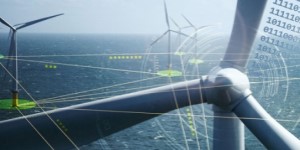 Typically, a proposed wind project will affect a community in several ways. Whether any single impact is viewed as a benefit or a drawback depends on the perspective of the stakeholder.
Typically, a proposed wind project will affect a community in several ways. Whether any single impact is viewed as a benefit or a drawback depends on the perspective of the stakeholder.
In considering whether to support the development of a wind farm, it’s up to the community to decide if the positives outweigh the negatives. To do that, the community must understand the potential economic impacts of wind projects and issues related to local economic activity, land revenue, property taxes, and property values.
 Typically, a proposed wind project will affect a community in several ways. Whether any single impact is viewed as a benefit or a drawback depends on the perspective of the stakeholder.
Typically, a proposed wind project will affect a community in several ways. Whether any single impact is viewed as a benefit or a drawback depends on the perspective of the stakeholder.In considering whether to support the development of a wind farm, it’s up to the community to decide if the positives outweigh the negatives. To do that, the community must understand the potential economic impacts of wind projects and issues related to local economic activity, land revenue, property taxes, and property values.

Featured Articles
Environmental Impacts of Wind Industry
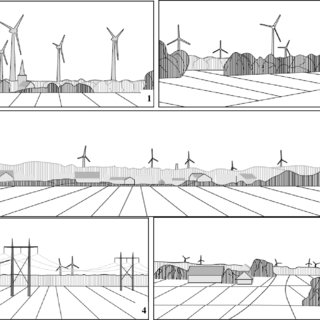 In recent years, the growth of capacity to generate electricity from wind energy has been extremely rapid, To the ...
In recent years, the growth of capacity to generate electricity from wind energy has been extremely rapid, To the ...
 In recent years, the growth of capacity to generate electricity from wind energy has been extremely rapid, To the ...
In recent years, the growth of capacity to generate electricity from wind energy has been extremely rapid, To the ...Wind Energy Cost Trends
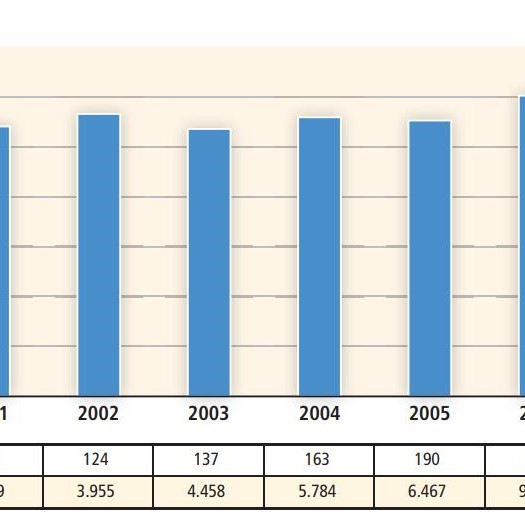 Though the cost of wind energy has declined significantly since the 1980s, policy measures are currently required to ensure ...
Though the cost of wind energy has declined significantly since the 1980s, policy measures are currently required to ensure ...
 Though the cost of wind energy has declined significantly since the 1980s, policy measures are currently required to ensure ...
Though the cost of wind energy has declined significantly since the 1980s, policy measures are currently required to ensure ...Challenges in Wind Industry
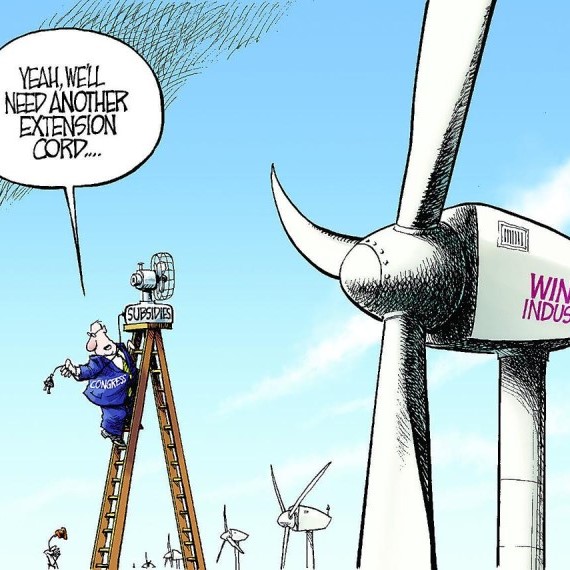 While wind power generation offers numerous benefits and advantages over conventional power generation, there are also some ...
While wind power generation offers numerous benefits and advantages over conventional power generation, there are also some ...
 While wind power generation offers numerous benefits and advantages over conventional power generation, there are also some ...
While wind power generation offers numerous benefits and advantages over conventional power generation, there are also some ...Employment Impacts of Wind Industry
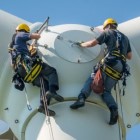 As with most construction and commercial development, wind energy industry create jobs. According to the 2016 Clean Jobs New ...
As with most construction and commercial development, wind energy industry create jobs. According to the 2016 Clean Jobs New ...
 As with most construction and commercial development, wind energy industry create jobs. According to the 2016 Clean Jobs New ...
As with most construction and commercial development, wind energy industry create jobs. According to the 2016 Clean Jobs New ...Economic Impacts of Wind Industry
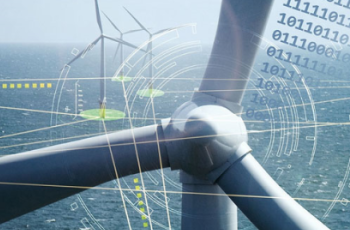 Any business development will have economic impacts on the local and regional economies, and wind energy projects are no ...
Any business development will have economic impacts on the local and regional economies, and wind energy projects are no ...
 Any business development will have economic impacts on the local and regional economies, and wind energy projects are no ...
Any business development will have economic impacts on the local and regional economies, and wind energy projects are no ...